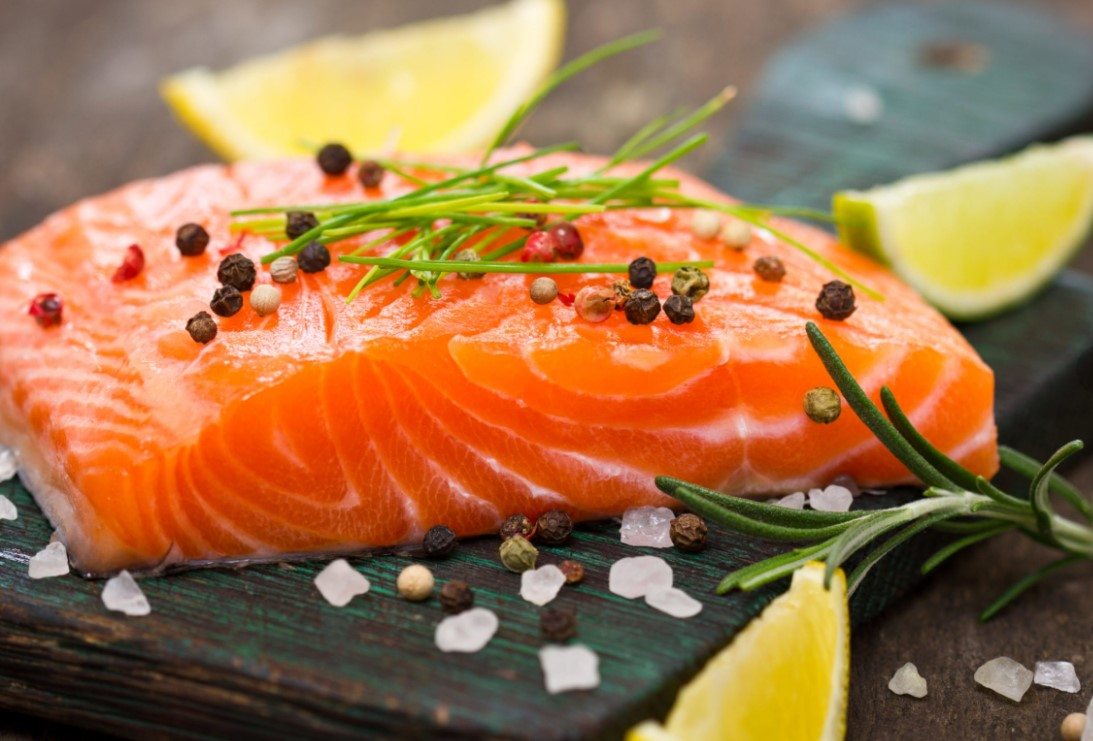If you’re wondering what to eat while pregnant, there are a few key foods you should keep on hand. You’ll find suggestions for fruits and vegetables, as well as meat and seafood. You can also snack on walnuts and other nuts and nut butters for added omega-3s.
What to Eat While Pregnant?
Vegetables are one of the most important food groups to consume when pregnant. They contain a high amount of fiber and many nutrients. Moreover, they are low in calories and carbohydrates. Green leafy vegetables are especially beneficial for a pregnant woman. They are rich in nutrients and minerals like iron, calcium, and vitamin K. Other beneficial vegetables include broccoli and cabbage. These foods are rich in fiber and manganese.
| Fruits | Vegetables | Seafood | Cheese |
| Apple | Tomatoes | Salmon | Cream |
| Orange | Broccoli | Anchovies | Cottage |
| Mango | Green peas | Herring | mozzarella |
| Avocado | Beetroot | Sardines | goat |
| Banana | Parsley | Shrimp |
You can add walnuts to cereals and salads to get the essential omega-3s. You can also toast them and sprinkle them on yogurt or cooked spinach.
Vegetables
Vegetables provide important nutrients for pregnancy, and one of the best options is to eat a wide variety of vegetables. Artichokes are an excellent choice, because they contain iron and low-glycemic index carbohydrates. They are also low in calories and have a high fiber content, making them a good snack or light meal. Berries that are good for pregnancy include blueberries, raspberries, goji berries, and acai berries. In addition, whole grains provide nutrients, fiber, and plant compounds that support healthy pregnancy.
Vegetables are beneficial for pregnant women because they provide fiber, vitamins, and minerals. Ideally, you should eat fresh or frozen vegetables. You can also buy canned vegetables, but be sure to choose ones with low sodium levels. Green vegetables are more nutritious than other vegetables, so they are a great choice for pregnant women. You can also sneak them into smoothies.
Fruits and dried fruits
Fruits and dried fruits are nutritious snacks for expecting mothers. However, they should be eaten in moderation. These foods are high in calories and can contribute to weight gain. Overeating them can also cause digestive problems such as gas, bloating, and diarrhea. Also, they contain natural sugars that can cause tooth decay. Therefore, pregnant women should eat fruits and dried fruits in moderation and check the expiration dates to avoid buying expired products.
Moreover, dried fruits contain plenty of fiber, which can help pregnant women get rid of constipation. In addition, they also help build the iron content in the body. Since iron deficiency can lead to anemia, dry fruits are a good way to prevent it. They also provide essential nutrients such as vitamin A and magnesium, which help the development of the nervous system of the unborn baby.
Meat and seafood
Eating seafood and meat while pregnant is safe, as long as you stay away from fish that is undercooked or raw. Undercooked seafood can contain harmful bacteria and viruses that can harm a developing fetus. Undercooked fish is particularly dangerous because it can cause listeriosis, which can lead to miscarriage, stillbirth, or preterm birth. Some types of seafood are better avoided during pregnancy than others, so it is best to consult a doctor before incorporating them into your diet.
Meat is a great source of protein for the developing fetus and provides essential nutrients for growth. Meat is also helpful in rebuilding tissues. However, experts recommend that pregnant women avoid raw meat, and that meat should be cooked thoroughly before consumption. Raw meat dishes can contain harmful bacteria that can harm both the woman and the fetus.
Dairy products
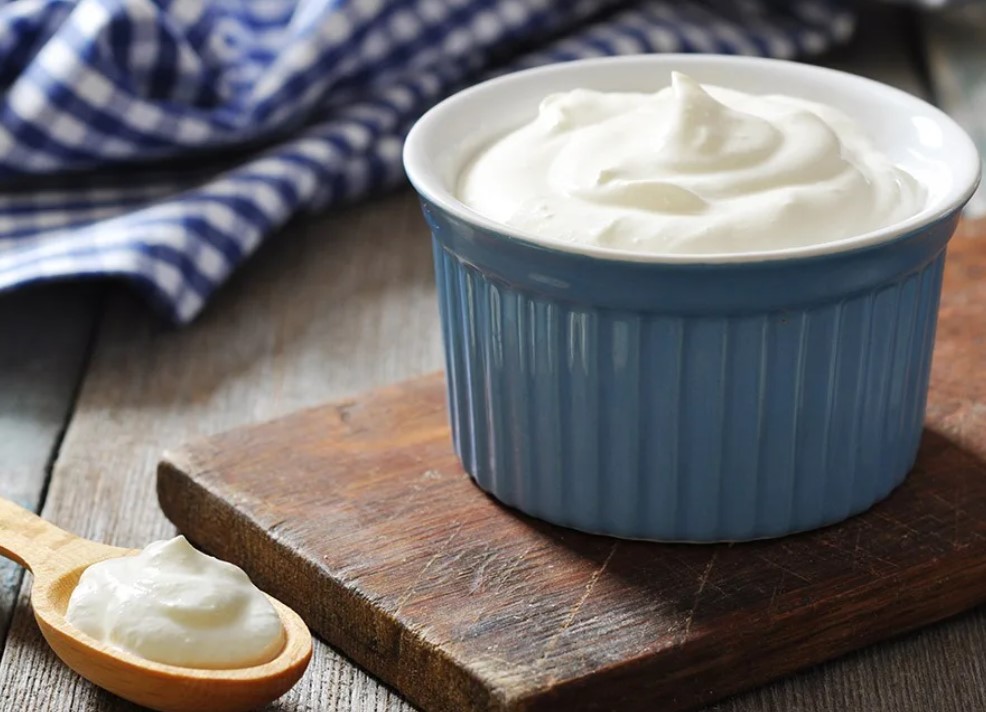
Dairy consumption during pregnancy is important for fetal development and the health of the child. It provides essential nutrients and bioactive substances. Milk is also considered an important nutrient for breastfeeding mothers. The Nordic countries have long valued milk as a staple diet. In a recent review of the scientific evidence, we looked at the effect of milk consumption on infant growth and development.
Dairy is packed with nutrients, especially calcium and vitamin D, which are vital for the developing fetus. It also contains protein, which provides the building blocks for the baby’s cells. It is recommended to choose pasteurized dairy products, and to choose low-fat varieties.
What Seafood to Eat While Pregnant?
When pregnant, it is important to eat plenty of seafood. Whether you’re a vegetarian or not, seafood is a great source of iodine, Omega-3 fatty acids, and other nutrients. These nutrients are important for the developing brain of your baby. The brain is roughly 70% fat, so the iodine and fatty acids in seafood will help your baby grow and develop properly.
- Salmon
- Anchovies
- Herring
- Sardines
- Freshwater trout
- Pacific mackerel
Other safe choices include:
- Shrimp
- Pollock
- Tilapia
- Cod
- Catfish
- Canned light tuna
There are several types of seafood that are safe for pregnant women to eat. While some may be high in mercury, most fish are healthy and provide plenty of fatty acids and vitamins. Tuna, for instance, is a great source of omega-3s and should be eaten about two to three times a week.
There are a few fish you should avoid, including shark, swordfish, marlin, and king mackerel. Mercury and PCBs in these fish can damage the developing fetus. You should also avoid eating any raw seafood during pregnancy. Even shellfish should be thoroughly cooked before consuming them. Uncooked shellfish can be contaminated with harmful bacteria and viruses.
When choosing which seafood to eat while pregnant, keep in mind that fish high in mercury can affect the development of the baby’s nervous system. It is best to choose fish with low mercury levels and that is free of contaminants.
Salmon
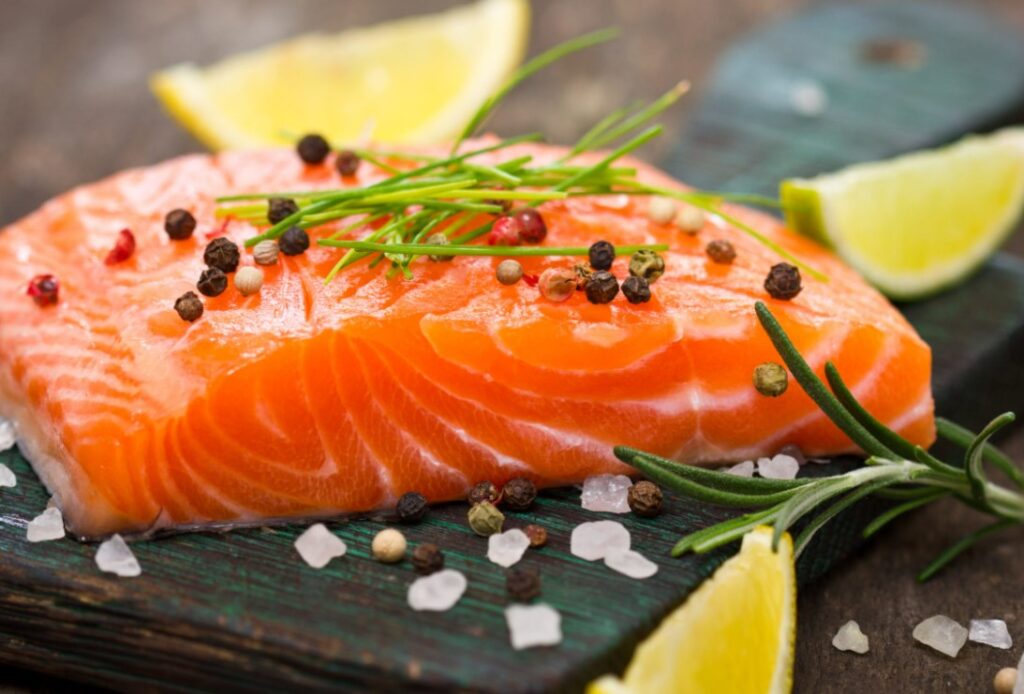
Salmon is a great fish to eat while pregnant as it provides a variety of nutritional benefits for both mother and baby. It is also an excellent source of DHA, an essential fatty acid that is essential for the brain development of a developing baby. However, pregnant women should cook salmon thoroughly to reduce the risk of food-borne pathogens. Also, they should watch their total seafood intake to make sure that they don’t ingest dangerous levels of mercury. In addition, they should try to eat at least one serving of oily fish per week.
There are many different types of seafood that are safe for pregnant women. Salmon is a good choice, as it is a high source of omega-3 fatty acids and has a low mercury content. Other choices include shrimp, tilapia, and anchovies. If you’re not sure which type of seafood to eat while pregnant, consult a health professional to determine the safest seafood for you.
Herring
Eating herring is a great choice for women who are trying to keep their vitamin D levels up during pregnancy. This rich source of vitamin D helps the body to fight off infections. It also contains iron, phosphorus, and vitamin B-12, which help to keep red blood cells healthy. Not only that, but herring also has plenty of minerals and vitamins that can be beneficial to the growing baby. It is recommended to eat about 8 to 12 ounces of cooked herring during the 9 months of pregnancy.
You should make sure you eat the herring whole, and not just a slice. This way, you can examine the herring carefully before eating it. A good herring should have an even color, shiny scales, pink gills, and a hard back. You should also look for any larvae on the herring before cutting it up. If you can’t resist the saltiness, you can heat the herring before eating it. This way, you will ensure that you are not ingesting harmful parasites that could be harmful to your unborn child.
Herring is an excellent source of Omega 3s and other nutrients. A serving of herring contains more omega 3s than two servings of salmon or tuna. It’s also low in mercury. Mackerel is another good source of omega-3s.
Sardines
Although there is no specific health warning against sardines, it is generally not recommended to eat raw seafood during pregnancy. This is because the bacteria and parasites present in raw fish can be transferred to the unborn child. The bacteria can cause illnesses such as toxoplasmosis and listeriosis, which can have devastating effects on a developing fetus. Raw fish can carry these harmful parasites and remain contagious throughout the pregnancy and delivery period. Smoked fish may also contain bacteria, which should be avoided while pregnant.
The recommended amount of seafood during pregnancy is eight to 12 ounces, with at least two servings of fish being of low mercury content. The FDA recommends eating two to three portions of fish per week, and sardines are considered low-mercury fish. The recommended amount of seafood during pregnancy is eight ounces, and a three-ounce serving has two grams of omega-3 fatty acids, which are essential for a developing baby’s heart and brain. In addition to boosting the brain and heart, sardines may also decrease the risk of preterm delivery.
Besides being low-mercury, sardines are excellent sources of omega-3 fatty acids, including DHA, which is especially important for the development of the baby’s brain in utero. In addition to being low-mercury, sardines are also high-in-nutrient sources. As long as they’re cooked properly, sardines are safe to eat while pregnant.
Pacific meckerel
The UK has recommended that pregnant women eat at least two servings of oily fish per week, but there is no maximum limit in the USA and Australia. While mackerel is generally safe for consumption during pregnancy, it should be purchased and prepared properly. It is best to avoid raw mackerel and consume it only occasionally. Ideally, mackerel should be cooked or marinated before being served.
When choosing the type of fish to eat during pregnancy, choose those with low levels of mercury. Pacific mackerel, sardines, anchovies, and salmon are safe for consumption during pregnancy. Avoid king mackerel, which has high levels of mercury. Flounder and sole are also low-mercury options for pregnant women.
Pregnant women should eat at least two servings of low-mercury fish per week. They should also limit their consumption of white tuna to six ounces per week.
Anchovies
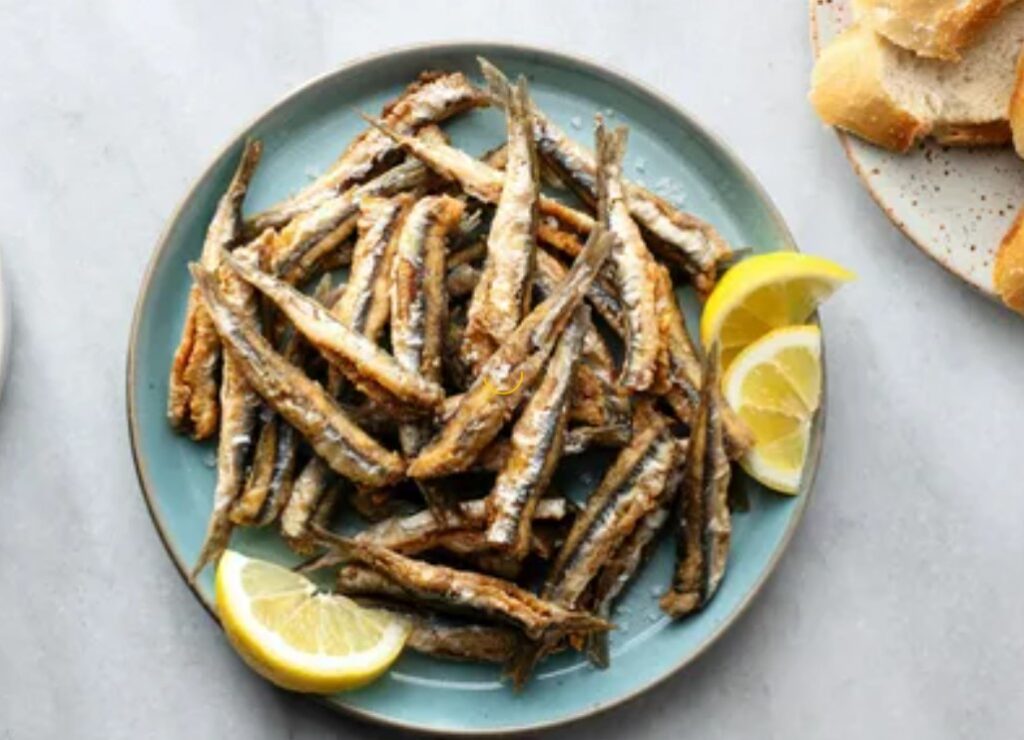
Anchovies are low in mercury and contain healthy omega-3 fatty acids. However, you should limit your intake while pregnant to two to three servings per week. The Food and Drug Administration and the Environmental Protection Agency recommend that pregnant women consume no more than eight ounces of seafood each week.
Anchovies are an excellent source of protein for pregnant women. They are also rich in zinc and iron. They also contain omega-3 fatty acids, which are essential for the healthy development of the baby’s brain. A serving of 3 ounces of anchovies has 1.7 grams of omega 3 fatty acids, which is a good source for pregnant women.
Fatty fish such as anchovies contain docosahexaenoic acid (DHA), which is vital for proper brain development and healthy eyes in the baby. This is particularly important during the third trimester, when the baby’s brain is developing at an accelerated rate. However, anchovies are not the only fish that are good for pregnant women.
Pollock
Pollock is an excellent choice of seafood to eat while pregnant because it contains low mercury and is considered a lean source of protein. This fish is also rich in omega-3 fatty acids, a type of fat that is beneficial to the developing baby’s brain. It is also a good source of vitamin B, which helps regulate your metabolism and strengthens your hair. However, you should make sure to thoroughly cook pollock before you eat it.
Pollock is a popular fish in Japan, where the fish is grown in colder waters. It is a rich source of omega-3 fatty acids and is low in carbs and fats. However, it does contain traces of mercury, a neurotoxin that can harm an unborn baby.
Pollock is a good source of vitamin B12, selenium, and protein. It is also low in calories and has only 92 calories per 100 grams. Pollock also has low levels of cholesterol, which can lower your risk of coronary heart disease. It can also have beneficial effects on your reproductive health, as it can improve the production of hormones and metabolic processes.
Benefits of eating fish while pregnant
Eating fish can provide several benefits for a pregnant woman, including lower triglyceride levels, lower blood pressure and lessened inflammation of the blood vessels. It is also a good source of DHA, an important fatty acid for fetal development. To get the most out of fish, pregnant women should choose fish that is low in mercury.
Fish should be chosen carefully and the amount consumed should be low. However, there are still some fish that are not recommended for pregnant women. Some types of fish may contain mercury or polychlorinated biphenyls, which can lead to an adverse effect on the fetus. It is a good idea to limit the amount of fish a pregnant woman eats to one serving per week and to remove the skin and any excess fat.
Fish is also high in lean protein, which is essential for the baby’s growth and development. Fish also provide choline, an essential amino acid that aids brain development. In addition to protein, fish contains vitamin D, zinc, selenium, and iron. Fish consumption during pregnancy also improves a pregnant woman’s cognitive performance. Eating fish as part of a balanced diet may also have heart-health benefits.
What Cheese to Eat While Pregnant?
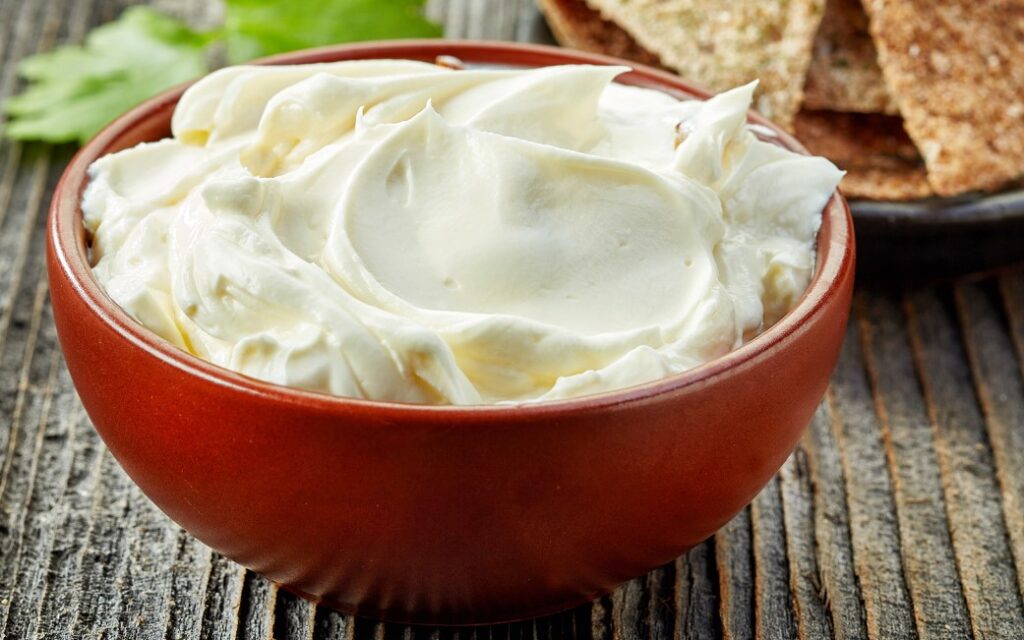
If you are expecting, you may be wondering, What cheese can I eat while I’m pregnant? You can eat cottage cheese, processed mozzarella, and cream cheeses. Just make sure to buy them at a store that uses pasteurized milk, not from home. If you want to make your own, be sure to use pasteurized eggs, too.
Cheese can be a great way to fulfill your nutritional needs while pregnant. It is a good source of vitamin B, calcium, and protein, which help to develop your baby. However, some varieties of cheese should not be eaten by pregnant women. These cheeses are often made with unpasteurised milk and can contain bacteria called listeria, which can cause listeriosis, a type of foodborne illness. While pregnant women should limit their intake of unpasteurised milk and eat pasteurised cheese, they can still enjoy a treat like cheese.
It is recommended that pregnant women read the label of cheese carefully before consuming it. Generally, most cheeses sold in the U.S. are produced with sanitized milk and have undergone a process called purification. This process destroys the microbes in dairy, but does not destroy the nutrients in the supplements. Besides checking the labels, a pregnant woman should also contact her doctor if she experiences any unusual symptoms.
During the second trimester, pregnant women can eat most types of cheese sold in the U.S., as long as they choose soft cheese that is labeled “pasteurized.” Pasteurization is the process of heating milk at a certain temperature to kill harmful bacteria. Pasteurized cheese is good for pregnant women because it contains calcium and protein, which help create strong bones and a healthy baby.
Cream cheese
Cream cheese is not a soft cheese, it is still safe to eat while pregnant, so you should check the label carefully. You should also make sure that you eat a nutrient-dense diet. In addition, keep an eye on the expiration dates and ingredients, and you should be fine. Depending on your needs, you can eat a small amount to satisfy cravings.
Most cheese sold in the United States is safe for pregnant women to eat, since it is made from pasteurized milk. Pasteurization kills bacteria that are present in milk, which is good for the baby. However, you should always ask your healthcare provider before consuming cheese during your pregnancy.
Cottage cheese
Cottage cheese is one of the foods that many expectant women can enjoy while pregnant. It can help curb nausea and improve your mood while giving you energy to work through your day. It can also be helpful in preventing headaches and improving your sleep. However, if you want to be sure that you are eating a cheese that is good for your health, you should stay away from processed varieties.
Cottage cheese is rich in calcium, one of the most important nutrients a pregnant woman needs. She needs an additional 1,000 mg of calcium a day while pregnant, which is a significant increase from the normal amount of calcium she consumes. The additional calcium helps prevent calcium loss in a woman’s bones, which can lead to osteoporosis later in her life.
Cottage cheese is generally made from pasteurized milk. This kills the bacteria that can cause listeriosis in pregnant women. If you buy a pasteurized cottage cheese, you can enjoy the protein and calcium in it, without worrying about harmful bacteria.
Processed mozzarella
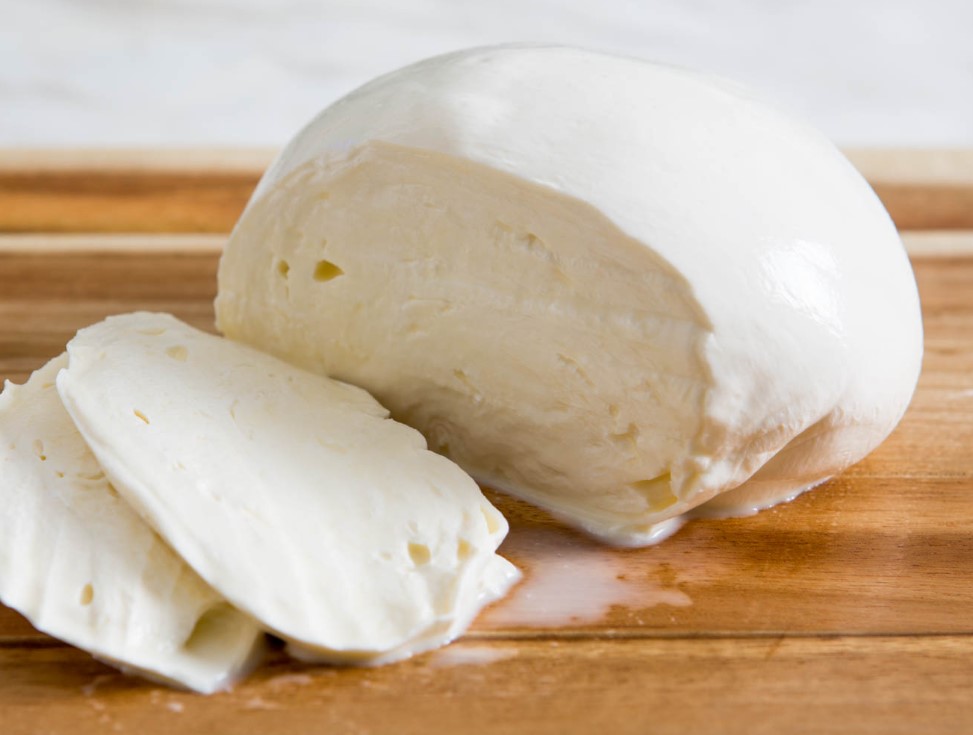
When choosing soft cheeses to enjoy during your pregnancy, check their safety. Some soft cheeses are contaminated with listeria, a type of bacteria found in raw milk. These bacteria can cause listeriosis, which can be very harmful to your unborn baby. It can also cause miscarriage, stillbirth, and preterm labor. It’s best to stick to pasteurized cheese, which is safe for pregnant women.
In general, mozzarella is safe for pregnant women, but there are some exceptions. Some cheeses should be avoided because they can carry listeria, a type of bacteria that can cause premature delivery, miscarriage, and stillbirth. While processed cheeses are safe to eat while pregnant, they are not healthy.
Although mozzarella cheese is generally safe to eat while pregnant, other cheeses should be avoided. Other cheeses are industrially modified and contain preservatives, which are potentially harmful to a growing baby. Moreover, unpasteurized soft cheese, which is commonly found in Mexican restaurants, is not safe for pregnant women.
What soft cheeses to eat while pregnant?
Soft cheeses are not recommended for pregnant women because they contain high amounts of water, which breeds bacteria and mold. They are also less acidic than hard cheese, which kills bacteria. Soft cheeses should be avoided if they are mold-ripened or have a white, moldy rind. Women should also avoid blue cheese, which is made with injected bacteria that promotes mold growth and oxygen circulation. These bacteria can cause a variety of problems for both mom and baby.
Soft cheeses are particularly dangerous for pregnant women because they contain listeria, a bacterium that can cause a rare infection known as listeriosis. This infection can be very serious, especially for the mother, as it can be transmitted to the fetus. It can lead to miscarriage, premature labour, and stillbirth, as well as cause severe illness in the infant.
Although it is not advisable to eat raw or unpasteurized soft cheese while pregnant, you can still enjoy them as a snack. However, you should be sure to purchase soft cheese that has been pasteurized. Even if you do buy a product that is pasteurized, be sure to read the ingredient list and choose the cooked cheese instead.
These common soft cheeses are sometimes raw, so look for the “pasteurized” label on:
- goat cheese
- blue cheese
- feta cheese
- camembert
- brie
- ricotta cheese
Luckily, there are many safe cheeses to eat while pregnant. Most soft cheeses are made from pasteurized milk. Most cheeses sold in the United States are pasteurized, and you can also purchase unpasteurized cheese at grocery stores and farmer’s markets.
Benefits of eating cheese while pregnant
One of the most popular food cravings of pregnant women is cheese. This rich food is a great source of calcium, which is important for building strong bones and teeth. In addition to being tasty, cheese is also safe to eat during pregnancy. However, it is important to note that it contains saturated fat and sodium. For these reasons, it is important to limit your intake of cheese while you’re pregnant.
In general, pasteurised cheese is safe for pregnancy, but it is important to avoid some types of cheese. Some are unpasteurised and can be dangerous to the unborn baby. Unpasteurised soft cheese and feta cheese should be avoided by pregnant women. Also, raw milk must be avoided as this can cause listeria infection, which can be harmful to a developing fetus.
Besides calcium, cheese is also a great source of B vitamins and protein. The calcium in cheese can help fulfill your daily nutritional needs while you’re pregnant, and the vitamin B content will help your baby grow healthy. While cheese is a great source of calcium, there are also some types that you shouldn’t eat while pregnant. For example, some soft cheeses can contain listeria bacteria, which can cause listeria infection and lead to miscarriage or even stillbirth. If you notice any of these symptoms, it’s important to seek medical attention immediately.
Pregnant women are at a higher risk of contracting Listeriosis than any other group of people. Approximately one in six people develop the disease, and it is caused by Listeria bacteria, which can be found in unpasteurized milk and certain foods. Most experts recommend that pregnant women stay away from unpasteurized dairy products and choose cheeses that have undergone pasteurization.
What Fruits to Eat While Pregnant?
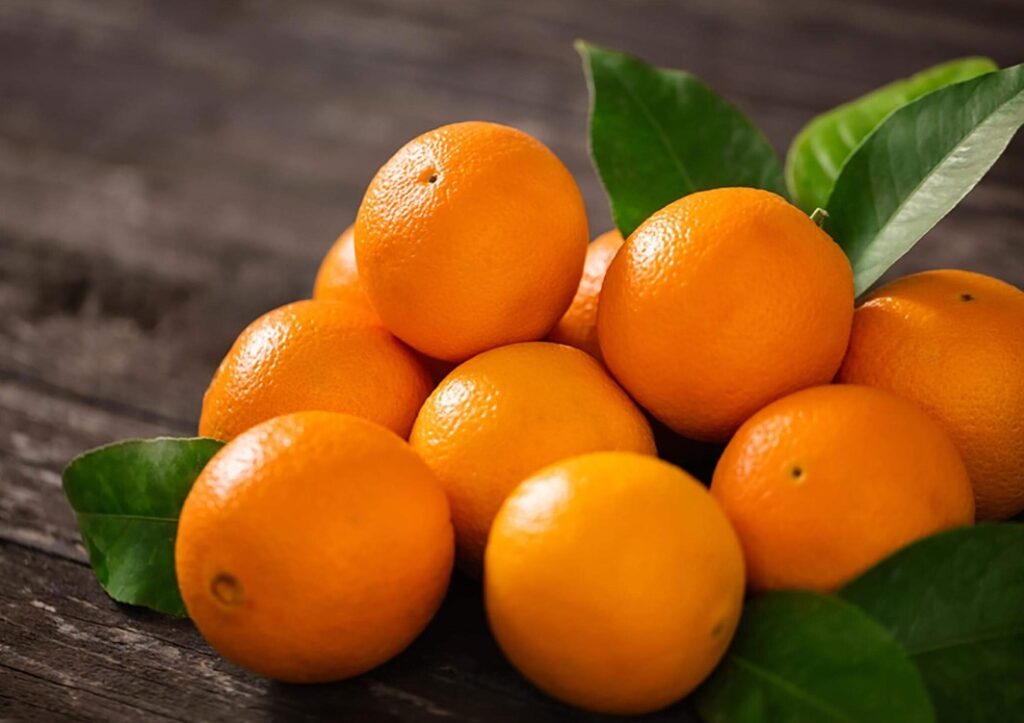
There are many health benefits to eating fruit while you’re pregnant, including vitamins and minerals. It helps boost your immune system and your baby’s development. It can also help prevent neural tube defects and anemia. In addition, fruits are great to satisfy your cravings, making them the perfect option for pregnant women.
While pregnant, you should focus on eating a variety of different fruits and vegetables. Ideally, you should try to get five different servings of fruit and vegetables per day. However, you should limit your consumption of fruit juices and dried fruit, as these contain high levels of sugar. While fruits may sound good, there are several types of fruit that may pose potential risks to the unborn child.
Bananas are an ideal choice for pregnant women, as they are packed with key nutrients, including vitamin C, folate, and potassium. Bananas also contain magnesium, which helps in maintaining a proper fluid balance. You should aim to eat one banana per day during your first trimester.
Apples are a great choice during pregnancy because they are available throughout the year. They contain vitamin C, potassium, and iron, and are a great addition to fruit salads. Oranges are another good choice because they are high in vitamin C and contain folate, a type of B vitamin that promotes healthy brain growth in the fetus.
Oranges
Oranges are an excellent choice for pregnant women who are looking for a high-fiber, low-fat fruit that can provide a high amount of nutrients. They are particularly rich in vitamin C and folic acid, as well as calcium and potassium. You can eat oranges as a snack or add them to smoothies or salads. While oranges are an excellent choice for a pregnancy diet, you should eat them in moderation. They contain high amounts of fiber, which can cause digestive discomfort, diarrhea, and abdominal cramps.
Oranges are also great for lowering blood pressure. Due to their high potassium content, oranges can regulate blood pressure levels in pregnant women and can help relieve hypertension. In addition, they are a great source of dietary fiber and pectin, which can help prevent constipation. One large orange can provide about three grams of dietary fiber. Oranges are an excellent choice for pregnant women who want to keep their skin looking good!
Oranges are nutrient-dense and easy to eat. However, their high citric acid content can have a negative impact on a pregnant woman’s health. The acid is bad for the tooth enamel and can cause sore throat. They can also increase the amount of fiber in the body, which can cause loose motions and abdominal cramps. In addition, oranges contain a high amount of calories, which can lead to gestational diabetes.
Mangoes
Mangoes are considered a health food, and can be eaten by pregnant women. However, it’s important to note that mangoes are high in sugar, which can raise the risk of gestational diabetes. It is therefore important to limit mango intake while pregnant. Eating mangoes in moderation can reduce the risk of gestational diabetes, as well as other potential problems, such as dehydration and diarrhoea. To ensure that mangoes are safe to eat while pregnant, it is best to peel and wash them before eating. However, if you want to make a mango smoothie, it is important to consume it skinless.
Mangoes contain many essential nutrients for the mother and baby. For instance, mangoes contain 12% of the recommended daily intake of folate. This is essential, as folate plays an important role in the development of the baby’s spinal cord and nervous system. Furthermore, mangoes are rich in fiber and vitamin C. A single serving of mango can contain up to three grams of fiber, which is beneficial for the digestive system and helps prevent constipation.
Avocados
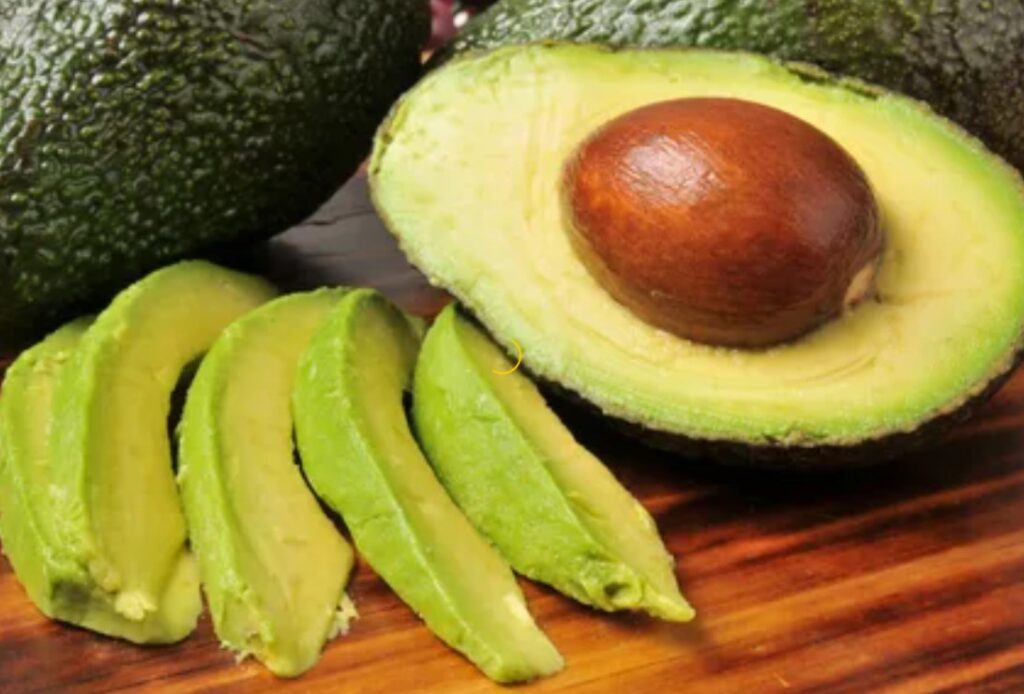
Avocados contain many nutrients, including folate and potassium, which are essential for the developing foetus. They’re also high in magnesium and are easy on the stomach. Avocados are also rich in fiber, which prevents cravings and keeps you from becoming overweight. The healthy fats in avocados can also help with stomach discomforts, like constipation.
Avocados also contain a high level of fiber, which is important during pregnancy, especially in the third trimester when baby’s growth is rapid and mom’s blood needs increase. Avocados also provide iron and vitamin C, which can help alleviate constipation. They are also a good source of folate and fiber.
Avocados can be added to many dishes, from healthy snacks to full meals. They are a great addition to any menu and are a good addition to any pregnant woman’s diet. You should be sure to eat avocados in moderation, and balance them with other foods. Of course, it’s best to consult with your doctor before consuming them, especially if you’re breastfeeding.
Apples
Fruits are one of the most important foods you should eat while you’re pregnant, and there are many reasons why. They’re packed with nutrients, including fibre and vitamins, and they keep your digestive system running smoothly. In addition to keeping your body functioning well, fruits can also help the baby grow and develop.
Apples, for example, contain a variety of useful nutrients that can be beneficial for both the mother and the child. These include folic acid, fiber, and vitamins A and C. They also reduce the risk of developing asthma and eczema. Pears, a close cousin of apples, are also excellent choices for pregnant women. They’re high in vitamin C, which promotes healthy bones in children. Citrus fruits, such as oranges, are also high in vitamin C and can improve your digestion. Mango, meanwhile, is rich in fiber, which is important for the baby’s development.
Apart from being low in calories and packed with vitamins and minerals, fruit also offers great taste. A single 100g apple contains 52 calories. It can be eaten raw or cooked. Another good choice for a pregnant woman is pomegranate, which contains high amounts of vitamin C and is a great source of energy. The peel is also edible. Apart from being a delicious and nutritious treat, oranges help to keep your system hydrated and are rich in folate, which prevents neural tube defects.
Berries
Berries contain a range of beneficial nutrients that are perfect for pregnant women. They are high in water, good carbs, vitamin C, fibre and antioxidants. They also have a low glycemic index, meaning they won’t cause a huge spike in your blood glucose. In addition, they’re very low in calories. The best berries to eat while pregnant are blueberries, strawberries and raspberries.
During pregnancy, a healthy diet should contain plenty of vitamin C and iron. Iron-fortified cereal and orange juice are recommended by the American College of Obstetricians and Gynecologists (ACOG). Other iron-rich foods are lean meat, poultry, fish and dried beans and peas.
It is also important for a pregnant woman to consume extra calcium and protein. In addition, dairy products should be included in her diet.
Bananas
Fruits to eat while pregnant are a great source of vitamins, fibre and water. However, some fruits should be avoided during pregnancy. These contain high levels of sugar and calories. If you are not sure what fruit is safe to eat while pregnant, consult your doctor. Dried fruit contains more sugar and calories than fresh fruit.
Bananas are an excellent source of folate, a vitamin that helps prevent neural tube defects in the developing fetus. They are also a good source of potassium, which regulates sodium levels in the body and protects pregnant women from stroke and other pregnancy-related complications. Bananas also contain magnesium, which promotes healthy fluid balance and helps avoid morning sickness. Besides bananas, other fruits you should include in your diet are avocados and berries.
As a pregnant woman, you should aim to eat five servings of fruits and vegetables a day. However, you should limit your consumption of dried fruit juices, as these contain high amounts of sugar and calories.
Benefits of eating fruit during pregnancy
Eating fruit during pregnancy is beneficial to both mother and unborn baby. Some fruits, like apples, have antioxidants that boost your immunity and reduce your baby’s risk of asthma and eczema. Others have vitamins that can help you fight morning sickness and dehydration. Berries are packed with antioxidants and are a great source of fiber. They also promote collagen production and are good for your skin and hair.
Pregnant women should consume two to four servings of fruit a day. Fruit juices can also be a great source of nutrients. Just be sure to choose fruit juices that are pasteurized. Otherwise, the nutrients may not be as good as they should be. Dried fruit is another convenient option that can satisfy your cravings and provide essential nutrients on-the-go. However, keep in mind that dried fruit is often more sugar and calorie-dense than fresh fruit. It’s also important to drink enough fluids to avoid dehydration. Dehydration is dangerous during pregnancy, because water helps form the placenta and supports the growth of your child.
Eating fruit during pregnancy can help you reduce your risk of miscarriage. Fruits high in folic acid can help prevent neural tube defects in your baby. However, grapefruit juice should be limited if you’re taking other medications, as it can interact with certain drugs. Persimmons, another fruit that can be eaten in raw or fresh form, are good sources of calcium and phosphorus. These nutrients help the bones of the baby grow and develop.
What Vegetables to Eat While Pregnant?
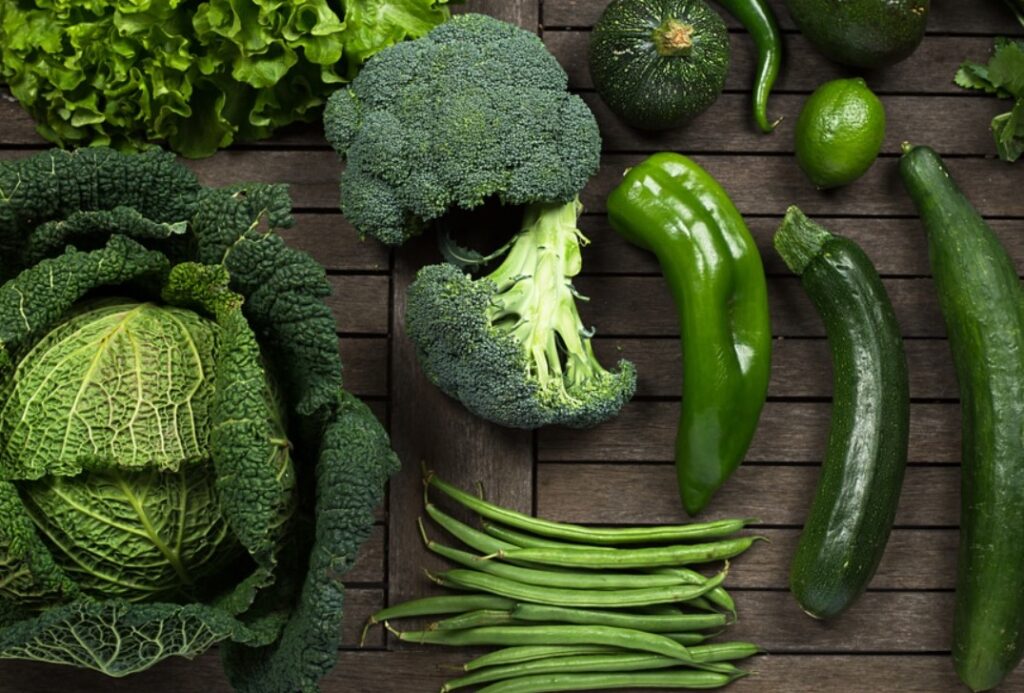
If you want to lower your risk of pregnancy complications, you should try eating a variety of vegetables. Besides being high in vitamins and minerals, vegetables are also great sources of fiber. To add some variety to your diet, you can eat vegetables with hummus, ranch dressing, or plain yogurt.
Vegetables are a great source of fiber, vitamins, and minerals for pregnant women. You can add them to your meals or blend them into smoothies for a delicious treat. You can eat fresh or frozen vegetables, but canned vegetables should have low sodium levels. Try green vegetables, such as broccoli, which are higher in nutrients than other types of vegetables. If you’re not a fan of eating vegetables, you can try sneaking them into smoothies.
Fruits and vegetables that are high in vitamin A are good choices during pregnancy. These foods are also high in beta carotene, which is important for the growth of fetal cells. Other good choices include salmon, which contains omega-3 fatty acids that are essential for the development of the brain and eyes. Salmon is also a good source of vitamin D. Eggs are also nutritious and can help increase your overall nutrient intake. Eggs are rich in choline, which is important for the brain and other bodily functions.
Fruit is also a great source of nutrients for the mother and baby. You should make sure that you wash fruits and vegetables thoroughly before consuming them. Some people suggest that fruit should not be eaten while pregnant, but it can help you curb your sugar cravings and provide the nutrients you and the baby need.
Tomatoes
One of the best things a pregnant woman can do is add vegetables to her daily diet. They are a great snack for a pick-me-up, can be used to make home-cooked soups and sauces, and can be incorporated into smoothies. They are also rich in powerful vitamins and minerals, and help the expectant mother maintain a healthy weight during pregnancy. Many studies have shown a direct correlation between the amount of fruits and vegetables that the expectant mother eats and the health of the baby.
Avocados are one of the best foods to consume during pregnancy, as they contain monounsaturated fatty acids (MUFAs), which help the developing baby’s skin. Additionally, they are a rich source of folate, which helps prevent certain birth defects. In addition, avocados are packed with potassium, fiber, vitamin B6, and antioxidants.
Berry-rich foods are another great option for pregnant women. Berries are rich in fiber, water, and vitamin C. They also help the body build healthy skin cells and a strong immune system. They are also a satisfying snack and are low-calorie. Some of the best berries to eat while pregnant include blueberries, raspberries, goji berries, and acai berries.
Broccoli
Broccoli has many benefits for you and your developing baby. The vitamins and antioxidants it contains can help your body fight off infections, which are common during pregnancy. It can also help reduce your risk of developing osteoporosis, a condition that can affect the bones of pregnant women. It is best to consume broccoli in moderation, however.
The first benefit of broccoli for pregnant women is that it helps in stimulating bowel movements. Because the body goes through a lot of changes during pregnancy, it’s not unusual for women to experience constipation. Broccoli is packed with fibre, which helps contain water and support regular bowel movements.
Another benefit of broccoli is that it has medicinal properties. It can help prevent cancer and digestive disorders, control cholesterol levels and blood pressure, and improve the immune system. It can also help prevent eye and skin problems, and reduce the risk of birth defects. It is a rich source of folate, fibre, and antioxidants.
Green peas
One of the best vegetables to eat while pregnant is green peas. This delicious vegetable is packed with folate, a vitamin that promotes the synthesis of DNA. This vitamin also protects the unborn child from many birth defects. In addition, peas reduce inflammation, a common problem for pregnant women.
Another benefit of green peas is that they are high in fiber. Fiber can help regulate bowel movements and help prevent constipation. Moreover, peas contain a lot of nutrients that boost the immune system. They also help to regulate blood sugar levels and aid in digestion.
Peas contain many vitamins and minerals, including vitamin A, vitamin K, and vitamin B complex. They also have plenty of fiber and magnesium. They are also a great source of protein. Therefore, eating peas while pregnant is a great idea.
Dark leafy greens
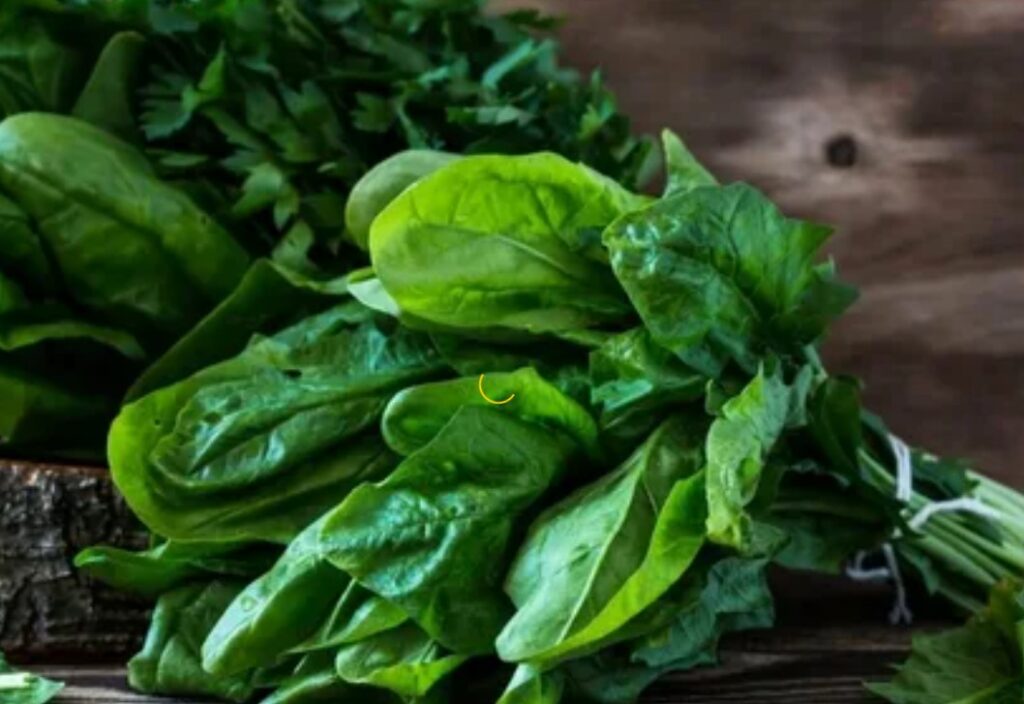
Dark leafy greens are a great source of calcium, iron, folic acid, and other essential nutrients for the development of the baby. They are also a good source of fibre, which helps with digestion. You can add them to soups, salads, and smoothies. You can also use them to make pesto by replacing the basil with kale.
You can also add dark leafy greens to your baby’s food at a young age. This will help him/her acquire folate, iron, and numerous vitamins and minerals. The earlier you introduce greens to your child, the more likely it is that the child will eat them later in life. You can also use them to make purees for your baby.
In addition to vegetables, you can also snack on fruits and deli meats. However, if you’re trying to eat healthy while pregnant, you need to keep in mind that deli meats can contain bacteria and parasites, which can be harmful to your baby. In addition, it is important to avoid unwashed produce. This may contain harmful bacteria and toxins from the soil.
Beetroot
The abundant mineral content of beetroot helps to maintain the bone density of pregnant women, thus preventing the occurrence of osteoporosis. It is an excellent source of vitamins B and C, folate, copper, and a variety of other minerals. Moreover, it helps to lower blood pressure, fight constipation, and help in maintaining the overall health of the pregnant woman and her unborn child.
The folic acid content in beets helps the fetus to develop optimally. In addition, the dietary fiber in beetroot helps to regulate bowel movements. Therefore, beetroot can help to prevent the onset of pregnancy-induced high blood pressure. On the other hand, too much of this vegetable can cause gastrointestinal upset, and may lead to diarrhea and vomiting. Additionally, the high level of oxalate in beets can lead to the development of kidney stones.
As a vegetable rich in antioxidants, beetroot has anti-inflammatory properties. It also helps to prevent osteoporosis, a painful condition that affects pregnant women. Because of the extra weight carried during pregnancy, women are also prone to osteoporosis. Beetroot contains adequate levels of calcium and silica, which help prevent the decalcification of bones.
Parsley
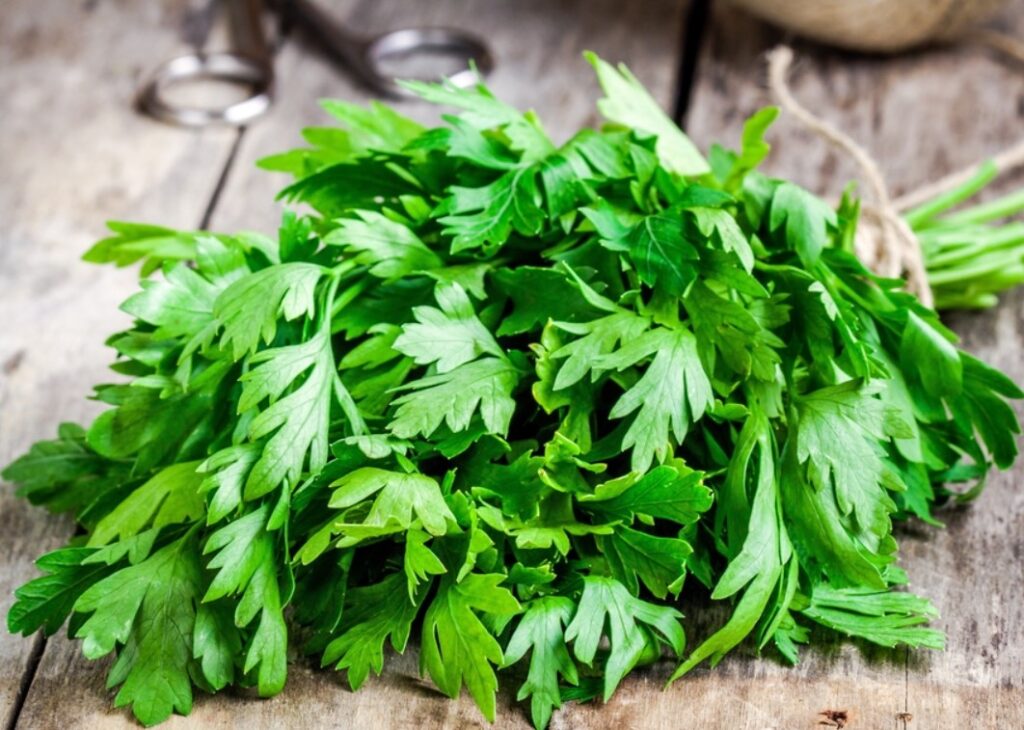
Parsley is a herb that has a strong flavor and originated in the Mediterranean region. It is now grown all over the world and used as a flavoring agent. It is often used to season food and some people even like to brew parsley tea. In moderation, parsley is safe to consume while pregnant, although overdose could result in health complications.
This herb is high in calcium and phosphorus and can be beneficial to the developing fetus. Moreover, it can help the woman replenish the vitamin reserves in her body and protect her teeth. The leaves also contain fluoride, which helps in the normal absorption of calcium and phosphorus. The increased blood volume during pregnancy can lead to a decrease in the hemoglobin level. When this happens, the fetus may not get enough oxygen. However, parsley contains iron, which compensates for the loss of hemoglobin and can save the woman from anemia.
Parsley is a herb that is popular in Mediterranean cuisines and adds flavour to any dish. It is safe to add parsley to your dishes while pregnant, but you should avoid high dosages of this herb because it stimulates the uterus and can cause uterine contractions or miscarriages.
Benefits of eating vegetables while pregnant
Eating a variety of vegetables is essential for the health of you and your unborn child. They contain various vitamins and minerals that your developing baby needs to develop normally. Vegetables are also high in fibre, which is essential for a healthy pregnancy. Dark leafy greens, such as spinach, are particularly beneficial for the fetus because they contain high levels of folate and iron. Other vegetables to include in your diet are broccoli and berries, as these are loaded with antioxidants and vitamins.
You can also eat vegetables that are rich in vitamin C. The red bell pepper, for example, contains more vitamin C than an orange, which is a key nutrient for keeping the immune system in top form. Vitamin C also helps the fetus absorb iron, and its antioxidant properties may help the fetus develop its brain. Lastly, sweet potatoes contain about 400 percent of your daily recommended allowance of vitamin A, which is an essential nutrient for the fetus. These foods are also high in fiber, which will ease morning sickness.
Besides being a great source of fiber, broccoli also contains calcium, which is important for a healthy pregnancy. Broccoli is also loaded with disease-fighting antioxidants and helps the body absorb iron. When eaten with other foods that are high in iron, broccoli can help the baby develop a healthy heart and brain. Although the daily requirement of calcium remains the same for both sexes, many people are not getting enough. An eight-ounce glass of nonfat milk can provide around 30 percent of your daily requirement.

